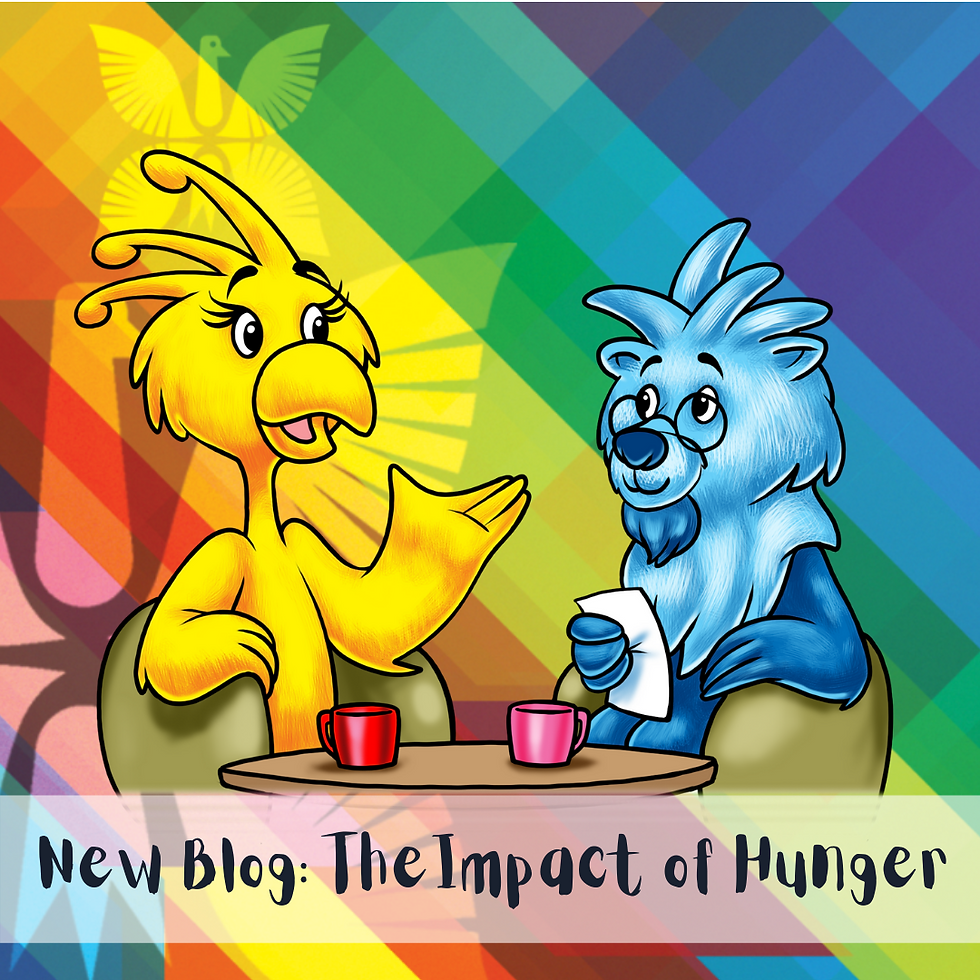KidsCovidMH - why listening matters.
- Phoenix Education

- May 27, 2020
- 2 min read

Last week, we began to share the voices of the 2,000 children that responded to our 'thinking about schools' survey and, as part of Mental Health Awareness Week, we talked about how being heard contributes to good mental health.
We began our conversation by exploring how we encourage children to use their voices. We focused on 3 key areas:
- you: both as parents and teachers we talked about the importance of active listening and explored how your tone of voice, your body language and your ability to commit your full attention to listening, can impact a child's ability to share things with you.
- them: it's important to children to feel safe; to know the boundaries of any conversation. Children need to know that the information they are sharing is both respected and valued.
- the medium: We agreed that it is important for children to have a variety of ways to share their voice. We discussed keeping an emotional journal, using a worry bear and exploring different settings for difficult conversations.
Secondly, we explored what happens when we listen to children's wishes and what happens when we choose not to listen to our children or pupils. We all agreed how incredibly damaging not giving our children a voice is and shared some experiences of meeting 'silenced' children who had lost all sense of self worth and self confidence. We spoke about how important it is to let children know that they matter, that their opinions are valued and that they have the right to choose, to speak and in turn to be listened to. It seems ridiculous that we can 'assume' what children mean or want or should have, when we aren't prepared to listen fully to the problems.
We agreed that those children that are heard trust more readily, engage more often and experience a sense of belonging and agency - things we believe are critical in the development of good mental health.
We spoke about the importance of listening to children in the way that they are speaking which allowed us to explore behaviour as a form of communication.
We agreed that it can be difficult to get children to explain how they feel, particularly when they are now experiencing new and complex emotions that they may not recognise and were thankful to hear that Freya and Frankie (and many other incredible book characters) have helped children articulate some of their feelings or simply share their own experiences by telling someone else's story.
Importantly, we also discussed the importance of hearing children's voices as we plan the return to school. It is so important for us to hear beyond the 'I don't want to go back yet', to drop our presumptions that some children will avoid learning because of laziness and in turn listen to the complexities of every child's experience of lockdown and understand what that really means for them.
We continued this discussion throughout the week as we shared the results of our thinking about school survey in a webinar on Tuesday. A recording of the session, the slides and other resources are available on the website at www.phoenixgrouphq.com/back-to-school




Comments